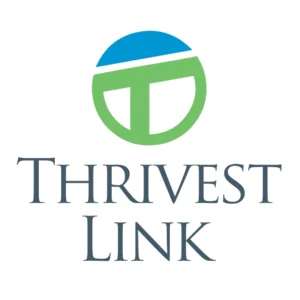What to Know About Personal Injury Cases
Okay, so your trial is over. You’ve reached a settlement. Without a doubt, you’ve spent way more time on this than you would have liked. Finally, you can take a sigh of relief. The only question you have left is: when do I get my money? All personal injury cases are different in their own right, so many things come into play.
The purpose of this article is to give you a better idea of the timeline of events that follow your settlement. Additionally, this article will walk through a number of factors that impact how long it may take for you to receive your money, if it will come to you in the form of small payments and whatever else is important to know.
Now What
Personal injury cases include slip and falls, auto accident injuries, assault, medical malpractice, traumatic brain injuries and so on. These cases can often times take a while to come to a close. In many cases, people involved often need money for other things like legal costs, living expenses, medical bills, etc. Obviously, when a settlement goes your way you know those costs will be taken care of. But it’s hard to know exactly when and how you will get your money.
This is where the unique circumstances of your case become important. For example, if you reach a settlement with the opposing attorney and defendant before having to go to trial, legally the court can only issue what is called an order of settlement. In this particular instance, your settlement is resolved and you will receive your money within 30 to 60 days.
On the other hand, if your case goes to trial and things take a little bit longer, there are some things to know. In general the judge will almost always set a deadline for any trial. Statistically, most personal injury cases are settles outside of court as well. Even so, a trial happens if an agreement can’t initially be reached. If this happens, your attorney will represent you and if your case is strong you should have nothing to worry about.
However, funding a personal injury case can be difficult. You have to deal with court fees, legal fees, any costs that pertained to your injuries and so on. The good news is that there are funding options in place to help you with those. They include: auto accident loans, settlement loans, pre-settlement funding options, lawsuit loans, cash advances, etc. To learn more about these resources and how Thrivest Link can help you with your situation click here.
Other Possible Outcomes for Personal Injury Cases
Conversely, it is likely that your personal injury settlement won’t make it to trial. This would occur because it would be beneficial to both sides. Two likely outcomes are mediation or arbitration.
It’s in the name: mediation means a third party mediator sits in on the legal discussions and hears out the entire settlement negotiation. A mediation must be agreed upon by both parties beforehand. Secondly, there is arbitration. This is used oftentimes as an alternative to having a full on court case. Instead, both parties agree on it and opt into a more private way of settling their dispute.
Similar to the mediator, an arbitrator is a neutral third party individual, but they instead have authority to make decisions about the settlement. The arbitrator serves both parties, and usually has plenty of experience in legal hearings. To learn more about these two processes, click here.
It’s important to prepare for anything when going into a personal injury settlement deal. So knowing these potential outcomes will help you remain calm if and when things take a turn.
So When Do I Get My Money?
First, you have to know the damages. At least get a ball park estimate of what you are expecting. So when your case is finalized here’s what could happen: If insurance is covering for the accident, you will get a check and have to sign documents saying the defendant is no longer liable to cover anything else.
Without an insurance provider, things get complex. The defendant’s financial situation does matter at this point. Your lawyer and theirs will have to work through this and finalize a release. This means you settle for whatever money or other assets they have available to give to you and then a release is signed to finalize the agreement.
There are other ways of going about this, but this would involve more time in court and will result in more expenses coming your way.
This stuff isn’t always easy so it’s important to prepare for anything.




